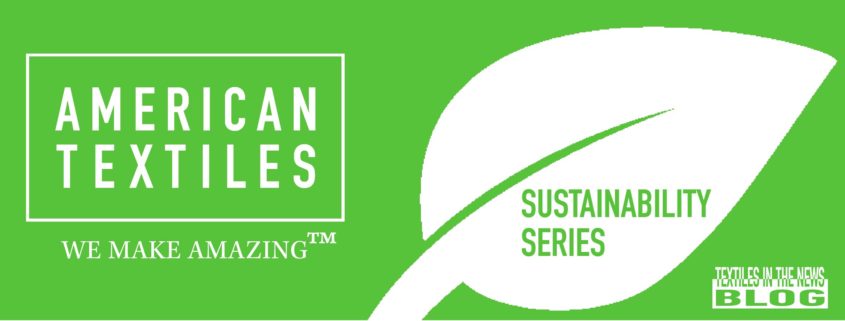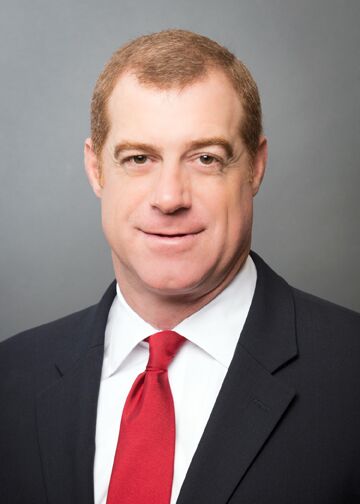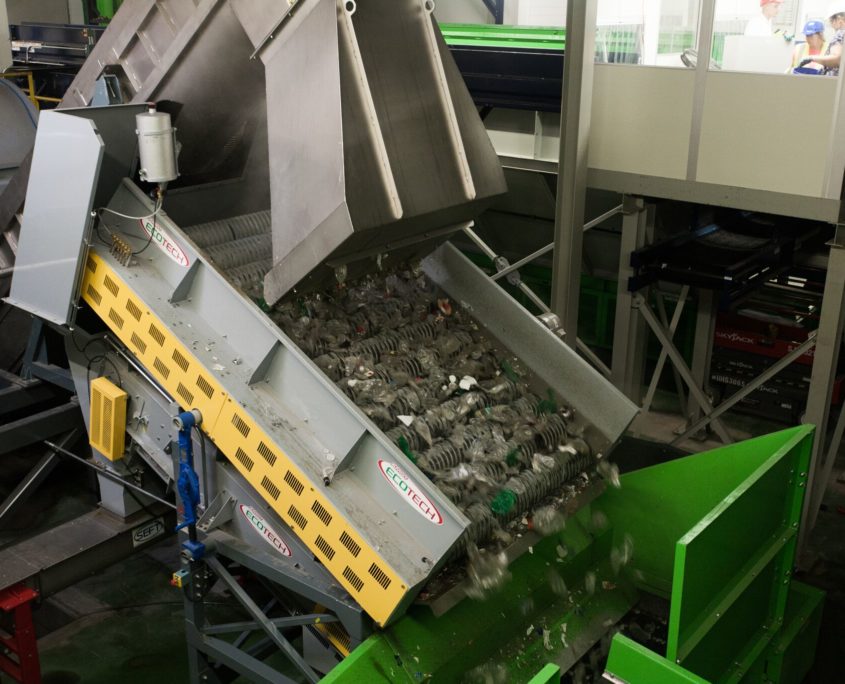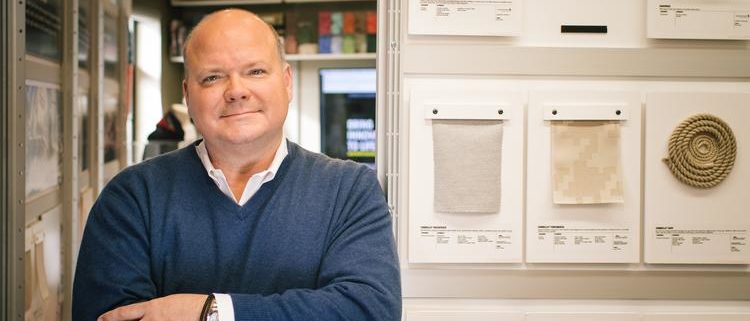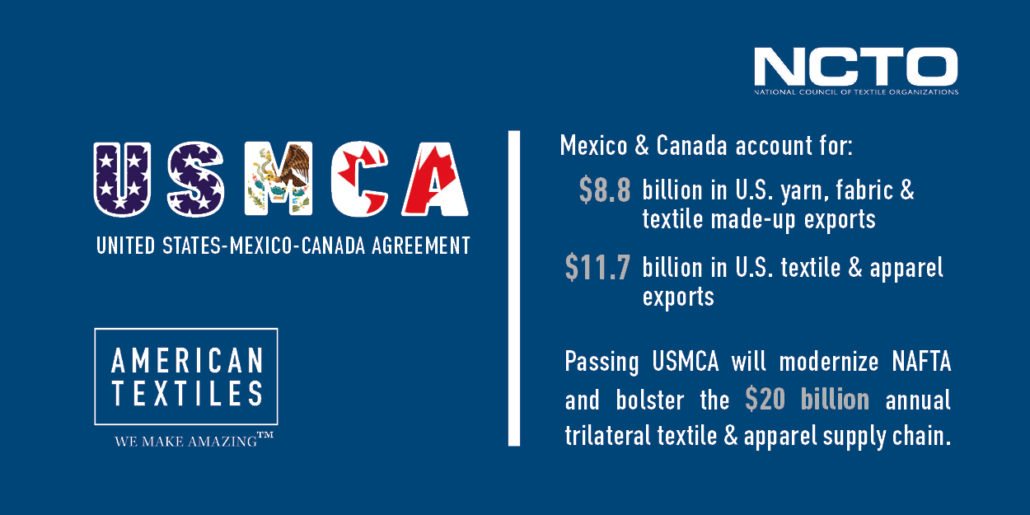Sustainability Series: Milliken & Company Part of the Discourse on a Circular Economy in Partnership with National Geographic
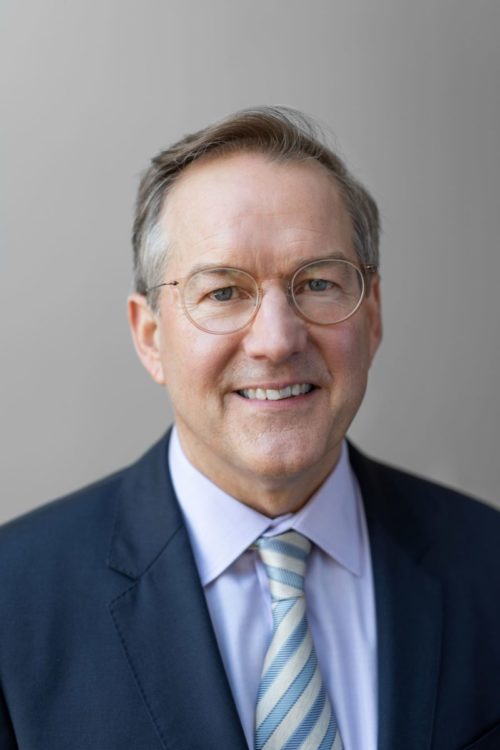
Milliken President & CEO Halsey Cook
Milliken & Company President and CEO Halsey Cook addressed the challenges and opportunities associated with eliminating and recycling waste as part of the National Geographic Circular Economy Forum on February 26 in Washington, DC.
Milliken was a sponsor of the forum, along with Waste Management and the Ellen MacArthur Foundation, which brought together approximately 400 leaders from the private sector, nongovernmental organizations and government to address multifaceted solutions aimed at achieving zero waste.
“Closing the loop on waste requires a holistic plan,” Cook said in a statement. “We’re committed to forums and conversations that will lead to aligned, sustainable innovations.”
Susan Goldberg, editorial director of National Geographic Partners and Editor in Chief of National Geographic, led a panel discussion, in which Cook participated, focused on the enablers and barriers of a circular economy.
Goldberg asked Cook to respond to an Op-ed in the New York Times written by Marc Benioff, founder and CEO of Salesforce, in which he declared “Capitalism, as we know it, is dead.”
Cook assured the audience that Capitalism is “alive and well and evolving.”
He said Benioff’s comment “underscores that if you don’t take a view towards the impact of your business across all of your stakeholders, you can pay a huge penalty, which will ultimately impact the shareholder as well. So the bottom line matters, but it’s not the only thing that matters.”
“As time has gone on, what we have seen is that the unintended consequences of businesses that have a blind eye toward their communities or toward the environment end up becoming very risky environments,” Cook said.
Milliken’s CEO said some of the toughest conversations happening at the moment in boardrooms around the world are centered around “mitigating the risk against environmental impact and against societal impacts which could actually decimate your bottom lines in the longer term.”
Earlier in the week, Milliken earned the recognition as one of the “World’s Most Ethical Companies,” a recognition it has been awarded 14 years in a row.
Milliken was selected again by the Ethisphere Institute, a global leader in defining standards of ethical businesses.
A materials science expert, Milliken has a portfolio of industry-leading specialty chemical, performance textiles and floor covering innovations and is one of eight industrial manufacturers to receive this designation in 2020. Only seven companies have received the honor for 14 consecutive years.
“Ethisphere tracks the returns of winners of the award,” Cook said. “The data is very clear that companies that do focus on the right things over time have higher returns than the averages of the S&P 500. I think it is a win-win but it’s hard work to get it all right.”
PUBLIC PRESSURE HAS A ROLE TO PLAY
Public pressure on companies to mitigate their impact on the environment has created more urgency to address the issue.
“What we see is that a lot of consumer-oriented companies are making big declarations about recycled content and that is going to create opportunities in the future for more recycling,” Cook said. “We saw the numbers–such a small and insignificant part of the actual production today turns into recycling. A lot of that is because there is not value.”
Packaging companies and branded companies have made commitments to increase recycled product to 25 percent and even as high as 50 percent by 2025 to 2030, Cook said.
He said continued consumer pressure will create more recycling streams. The economics change, he noted, when consumers are willing to pay a higher price because they think it is “important enough” to pay those prices for recycled content.
“We are an equity investor in PureCycle Technologies—and the technology continues to improve where we can take recycled content–post-consumer–and turn it into resins that can be used again without creating new resins. That could potentially be sold for a higher price.”
Cook said there is science around the recycling aspect of Milliken’s business, noting there has been a “pivot” within the company’s scientific community, particularly around polymer research.
“You have to break down the molecules and build them up…,” he said. “We don’t actually make plastics, but we make additives, which make them stronger. In that case, when you go through the recycling process, polymers break down and have to be strengthened again. Our team is researching how to facilitate and enable large scale recycling efforts by the global economy.”
The company’s award-winning DeltaMaxTM Performance Additive has significantly contributed to improved manufacturing processes with recycled polypropylene, which Milliken said is among the fastest-growing plastic globally.
The additive “balances the product quality and production challenges of manufacturing new products with recycled polypropylene, enabling the use of up to 100% post-consumer and post-industrial recycled polypropylene resins from which new products are made,” Milliken said.
EUROPE’S EXTENDED PRODUCER RESPONSBILITY
Manufacturers and retailers of plastic products are held financially responsible in the European Union under the concept of “Extended Producer Responsibility,” for dealing with their products once they hit the waste stream, Goldberg noted.
Asked if the concept should ultimately be part of the plastic waste solution in the United States, Cook said he thinks it does have a role.
“It motivates people to return products,” he said. “There are sub-economies that emerge as a result. We’ve seen the success of that with the aluminum can business in the U.S. States that have deposits on bottles can see recycled at rates as high as 60-70 percent versus low single digits in states that do not. It’s definitely a trigger that needs to be thought about.”
LOOMING PLASTICS LEGISLATION
“We are going to start to see increased legislation,” Cook said.
The CEO was on Capitol Hill on Wednesday and said there are at least two active plastics bills “coming online.”
Cook pointed to laws around banning and curbing single-use plastics in several states and noted the “environment is going to change.”
But he warned that decision makers have to start determining “what we are solving for.”
“It’s very easy to [say we should] eliminate plastics, but then you might replace that with materials which actually have a big disadvantage from a carbon footprint,” Cook said.
“In this conversation of trash you have to remember that we’ve got an existential threat around climate change,” he added. “What are we trying to solve for? Is it plastics in the ocean? You need to focus on Asia. Is it recyclability? That’s part of the reason we find this forum so exciting. We get a chance to mingle with a lot of different people in the value chain and get their views on it.”

